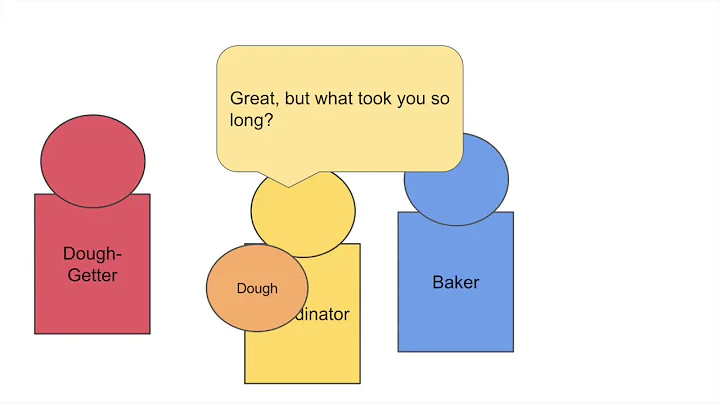How to use a std::function as a C style callback
10,273
Solution 1
Long answer: sort of. You can write a C function to pass to the API that calls your std::function:
// --- some C code I can not change ---
typedef void(*fun)(int);
void register_callback(fun f) {
f(42); // a test
}
// ------------------------------------
#include <functional>
#include <iostream>
void foo(const char* ptr, int v, float x) {
std::cout << ptr << " " << v << " " << x << std::endl;
}
namespace {
std::function<void(int)> callback;
extern "C" void wrapper(int i) {
callback(i);
}
}
int main() {
callback = std::bind(&foo, "test", std::placeholders::_1, 3.f);
register_callback(wrapper); // <-- How to do this?
}
Solution 2
In most cases you can't.
But when you store a C style callback in your std::function, you can use the target() member function.
Related videos on Youtube
Author by
Danvil
I am a post doctoral student at the TUM in Munich, Germany.
Updated on September 15, 2022Comments
-
 Danvil over 1 year
Danvil over 1 yearHow can I use a
std::functionin a function which expects a C-style callback?If this is not possible, what is the next best thing?
Example:
// --- some C code I can not change --- typedef void(*fun)(int); void register_callback(fun f) { f(42); // a test } // ------------------------------------ #include <functional> #include <iostream> void foo(const char* ptr, int v, float x) { std::cout << ptr << " " << v << " " << x << std::endl; } int main() { std::function<void(int)> myf = std::bind(&foo, "test", std::placeholders::_1, 3.f); register_callback(myf); // <-- How to do this? }-
Mike Seymour over 10 yearsShort answer: you can't.
-
-
 Lightness Races in Orbit over 10 yearsHey, nice - I didn't know about this.
Lightness Races in Orbit over 10 yearsHey, nice - I didn't know about this.






